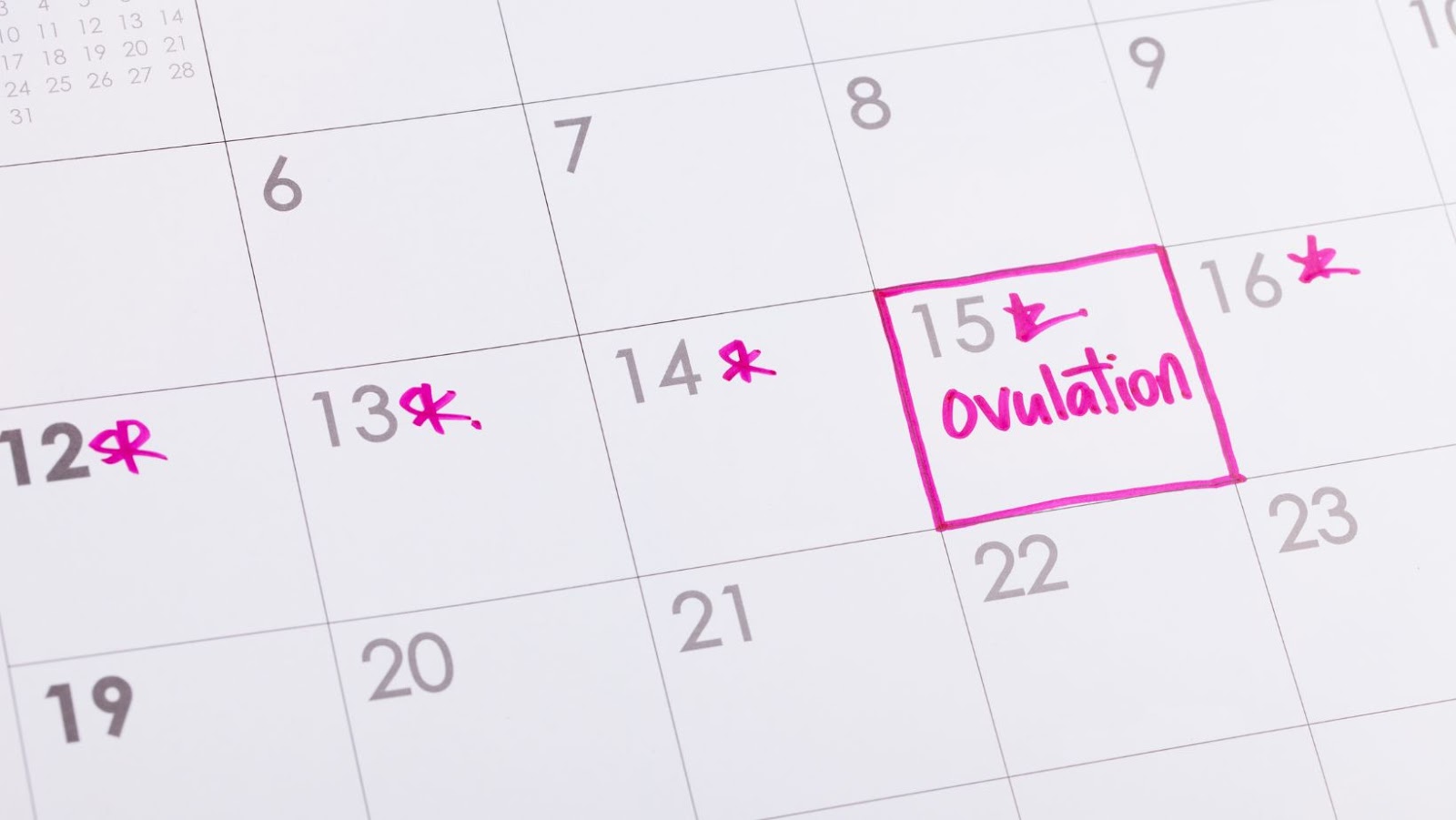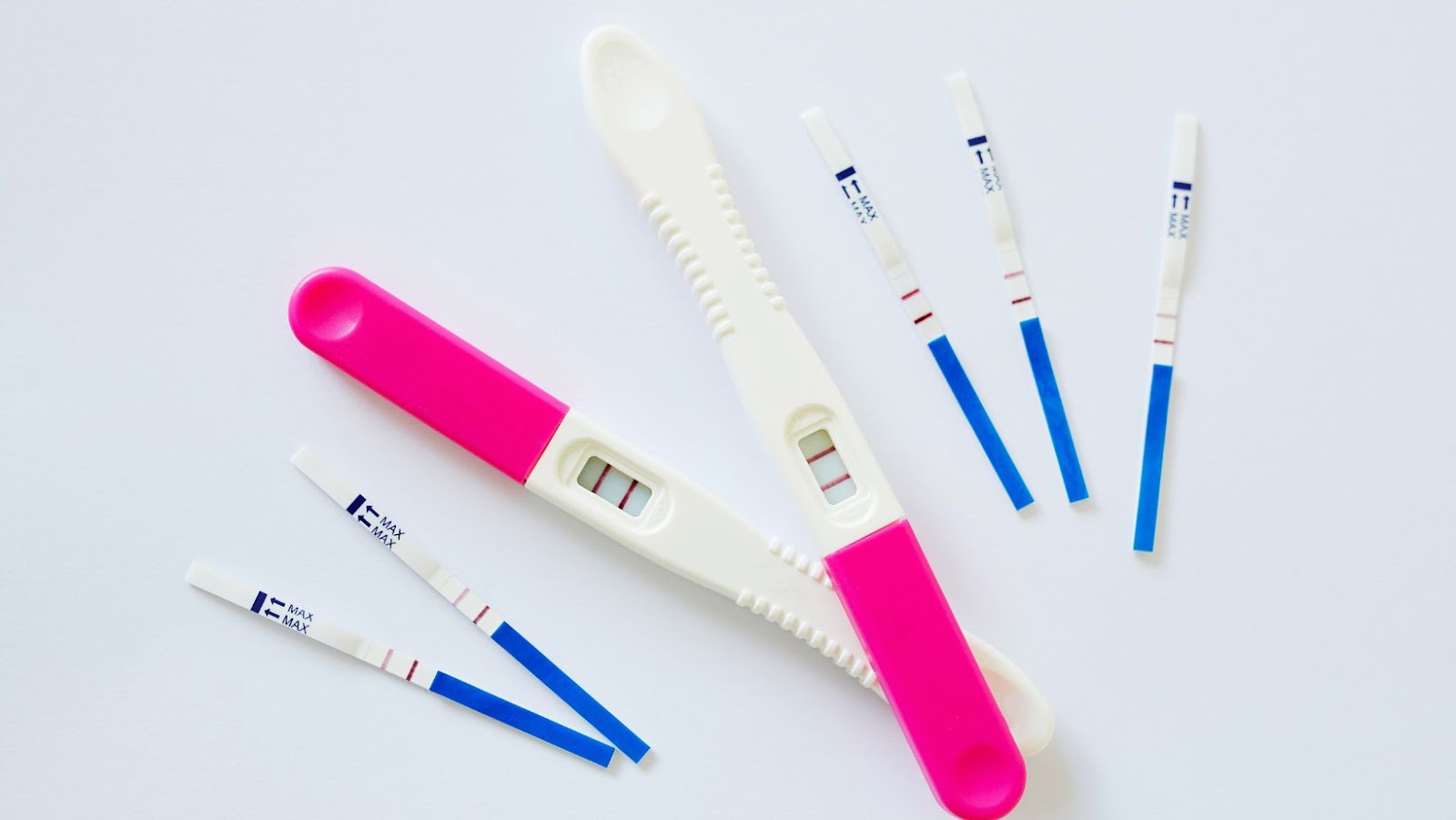Not getting pregnant can be quite stressful and frustrating for some. However, many women around the world deal with this issue, so it makes you feel better to some extent, knowing you’re not alone in all this. What’s great is that many women do get pregnant by implementing certain tips and making changes to their lifestyle and diet. You can also find fertility supplements that actually work to help you get pregnant quickly. However, you must always consult with your doctor first. If you want to conceive quickly and start a beautiful family of yours, we’ll share the best tips with you in this article to increase your chances of getting pregnant.
1. Get a Preconception Health Check
Before you try to get pregnant, it’s better to book an appointment with your doctor. This will ensure you’re healthy enough to conceive easily, and there won’t be any harm to your baby once you get pregnant. If you have any underlying medical conditions that may reduce your chances of a healthy pregnancy, your doctor may also be able to diagnose it. They may even recommend some supplements for your and your baby’s health, such as folic acid, to prevent major birth defects.
2. Get to Know Your Cycle
You should try to conceive when ovulating, which is the fertile window of your ovulation cycle. Every woman has a different cycle, so you should determine yours. Generally, it is 14 days before you get your next period.

During ovulation, your cervical mucus will also be thin and slippery, which is another great way to tell. You can keep track of your ovulation cycle by keeping a record of your period on the calendar. When using ovulation tests, a faint line on an ovulation test is common due to rising LH (luteinizing hormone) levels. Other reasons for a faint line include PCOS (polycystic ovary syndrome), diluted urine, medications affecting hormone levels, or underlying medical conditions.
3. Maintain a Healthy Weight
Whether you’re overweight or underweight, it can adversely impact your fertility and reduce your chances of getting pregnant.If you’re overweight or obese, you will struggle to get pregnant, and even if you do, your chances of miscarriage will be higher. Losing about 10% of your weight can help you restore ovulation within a year.
Therefore, you should lose weight by incorporating physical activities in your life, such as walking, jogging, swimming, etc.On the other hand, being underweight can also lead to infertility. Hence, putting on some healthy weight will help your ovaries function more normally. For this, try to eat a nutritious and well-balanced diet every day.
4. Limit Caffeine
Caffeine intake can also affect fertility to some extent. Women who want to get pregnant or are pregnant should limit caffeine in their daily diet. Especially women who are already pregnant have a greater risk of miscarriage if they take 300mg of caffeine every day.

Therefore, it’s better to limit your consumption of caffeine (coffee and other caffeinated drinks) to less than 200 mg a day, which is about a 12-ounce cup of coffee.
5. Quit Smoking
It’s imperative for both men and women to quit smoking, not just women, as smoking can harm sperm and eggs and minimizes the chances of conception. If you have been smoking for a long time, you may be addicted to it and may find it harder to quit smoking all of a sudden. For this, you can always consult your healthcare provider, and they will be able to share effective quitting plans.
6. De-Stress Yourself
Although it can be a bit stressful when you’re trying hard to get pregnant, stress will only make everything worse, as stress may lower fertility in women. You need to de-stress yourself and tell yourself that everything will work out your way sooner or later.
In order to increase your chances of getting pregnant, you can relax by meditating, journaling, talking to your loved ones, going for a walk in the lush nature, or doing yoga. You can always take professional help from a therapist if needed.



